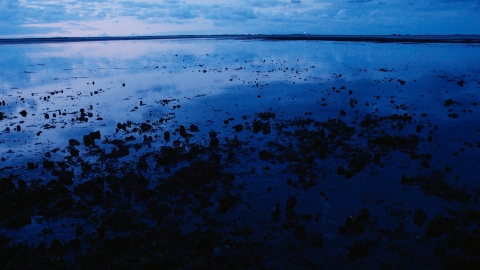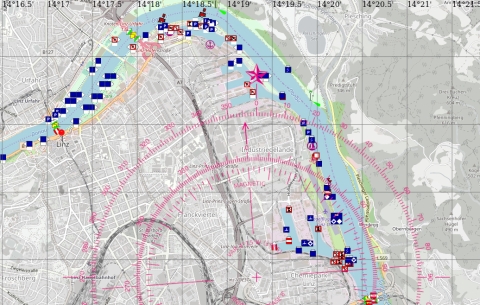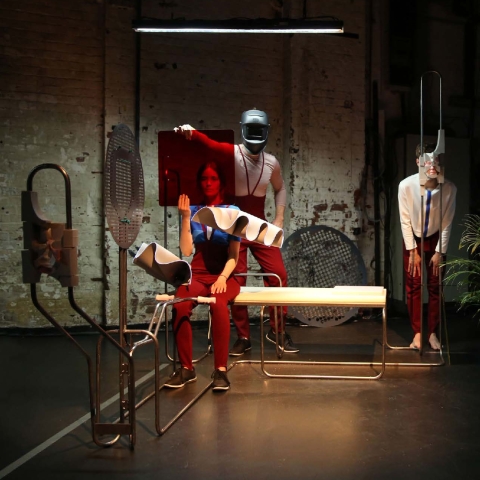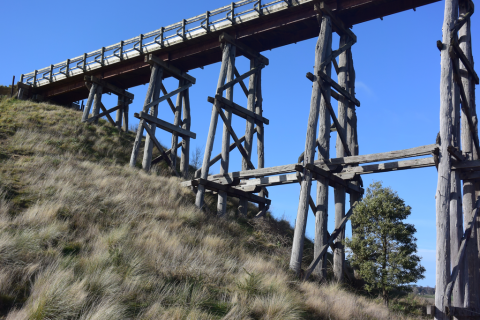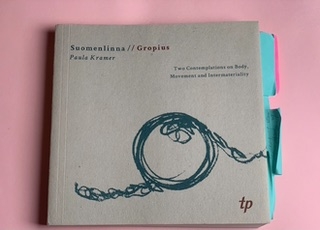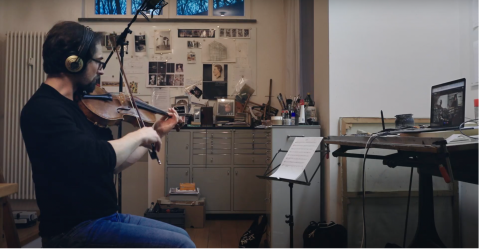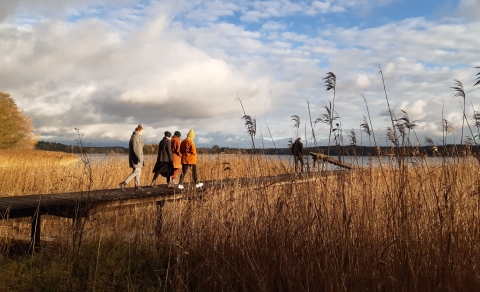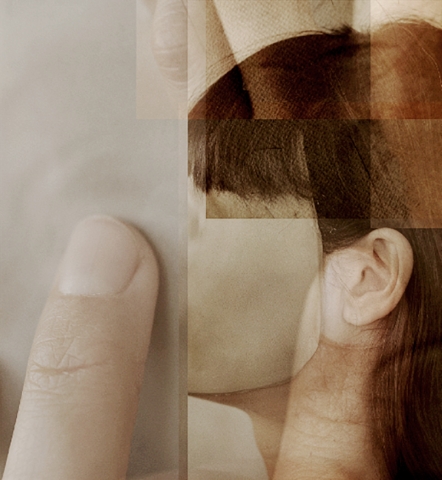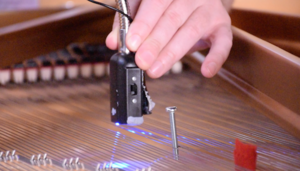News and announcements
For more information on JAR and its activities please follow us on Facebook, where we will post news, opportunities, featured expositions and texts from our Network pages.
Alternatively you can sign up for SAR newsletter and announcements service. Via this email service you can receive information on SAR events, JAR publications and other information deemed relevant by SAR.

